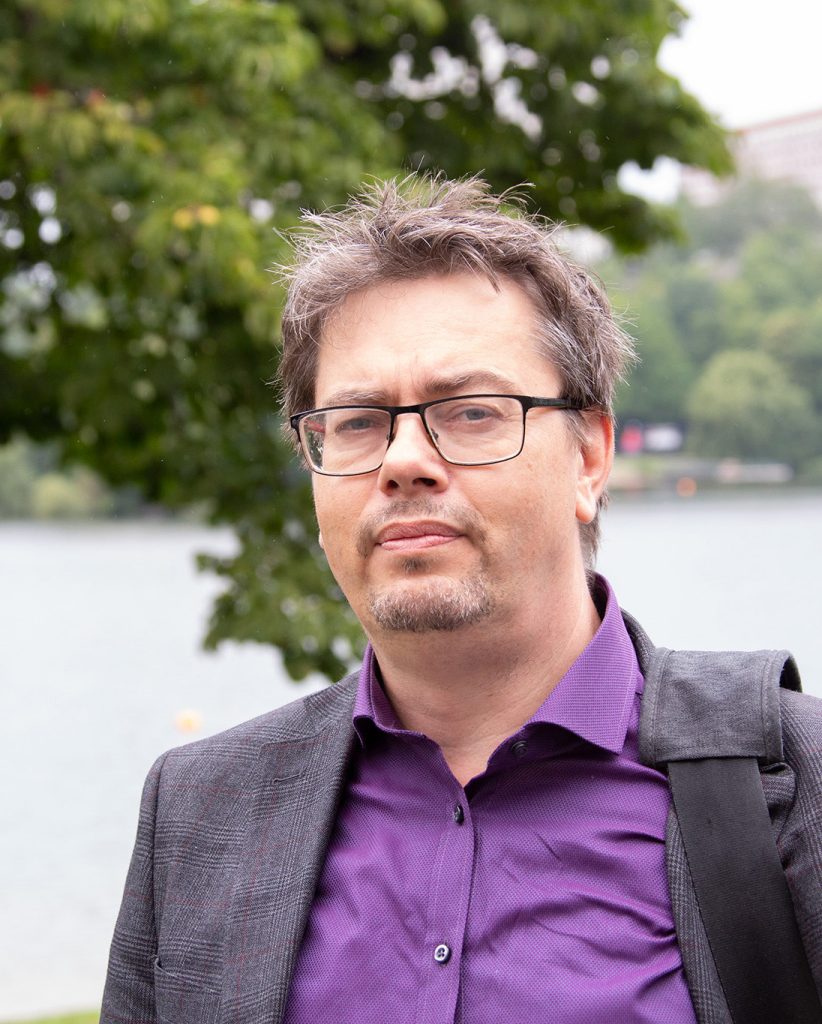The IW-SiC is about creating interaction and opportunities in research and career. That will advance technologies.
The annual SiC conferences (ICSCRM/ECSCRM) made the global community to come together. However, those are only once per year and too large (1000+ participants) to efficiently meet and discuss based on personal exchange. Smaller format and meeting more often will open complementary ways. Therefore IW-SiC is a series in (smaller) workshop form and presenters are invited to attend next workshop for free to listen and interact with next IW-SiC presenters. In addition, it is in many cases (flying to other continents) not realistic due to CO2 emissions to travel several times in short periods to meet physically for networking. The IW-SiC is using the online form. Also, often many of the young researchers can not travel due to budget. That is another motivation for online form so more young researchers can be included and have exchange.
The IW-SiC creates more and closer exchange between researchers to build their network, as well as invite industry to facilitate closer research and industry links. The essential point at IW-SiC is given by the combination of presentations and interactive part at Q&A. The IW-SiC is not a conventional workshop with 12 minutes presentation and 3 minutes Q&A. It should be highly interactive. Therefore the workshop is structured to have about 50:50 presentation and discussion (total time 20 minutes). Less than 10 minutes presentation may become brief. More than 10 minutes will make the presenter tempted to include too many details for listeners to get the main idea. The exchange at discussions is expected to facilitate more understanding towards technology advancements than would happen at a conventional workshop/conference with 3 minutes Q&A.
The workshop design also facilitate involvement of others than researchers and industry. That is addressed by having an open workshop session. Each open workshop will have a theme.
In particular, the concept acts to promote the young researchers by the young researcher sessions. Technology development takes many years. The young generation will be the ones who bring findings to higher technology readiness levels. The R&D should be in collaboration with industry in order to actually implement research findings to usefulness.
The Young researcher sessions serve to both disseminate the young researchers research area, and the skills and professional behaviour of the young individuals themselves. By allowing young researchers to show their skills and competence is a way for industry to recruit a promising researcher. A researcher that makes a good presentation and shows ability to discuss and exchange ideas is very attractive. That is challenging from reading CV. Personal direct contact and using personal networks a proven way to recruit.
The IW-SiC concept has three parts.
– Open thematic session
– Main session given by workshop submissions
– Young researcher session
The IW-SiC is initiated by Dr. Mikael Syväjärvi. He will be chair of workshops. He has strong experience from moderating topical workshops. Dr Mikael Syväjärvi has worked in SiC since 1994 when he made his master thesis in electrochemical etching of silicon and silicon carbide. He has more than 200 publications in SiC. He started with SiC crystal growth in 1995 and explored the physical vapor transport (PVT) growth, liquid phase epitaxy (LPE), and sublimation epitaxy. He was laboratory implementation responsible for LPE development for the worlds first SiC microgravity growth in 1997 on the sounding rocket MASER7. Since 2005 he is also active in graphene on SiC growth and co-founder of Graphensic AB (2011). He is inventor of Fast Sublimation Growth Process (FSGP) and was responsible for the technology transfer of FSGP to El Seed Corporation, Ltd (Jp). The process was further developed to have basal plane defect free SiC in KISAB company. He founded Alminica AB in 2016 that is a company active in innovation services for research to business, impact from reseach and training young generation researchers by the Research to Business concept. In 2021 he founded ICM Research Institute as department for research. He has experience from broader contexts for research to market, such as avenues in European research and innovation strategy for smart specialisation for regional economic growth using the entrepreneurial discovery process, and strategic national innovation programmes. He is active in global partnerships for promoting impact from research, educating next generation research leaders, and establishing supply chains and value chains using sustainable manufacturing. He is supporting several start-ups in deeptech (mentor, adviser, board, etc).
